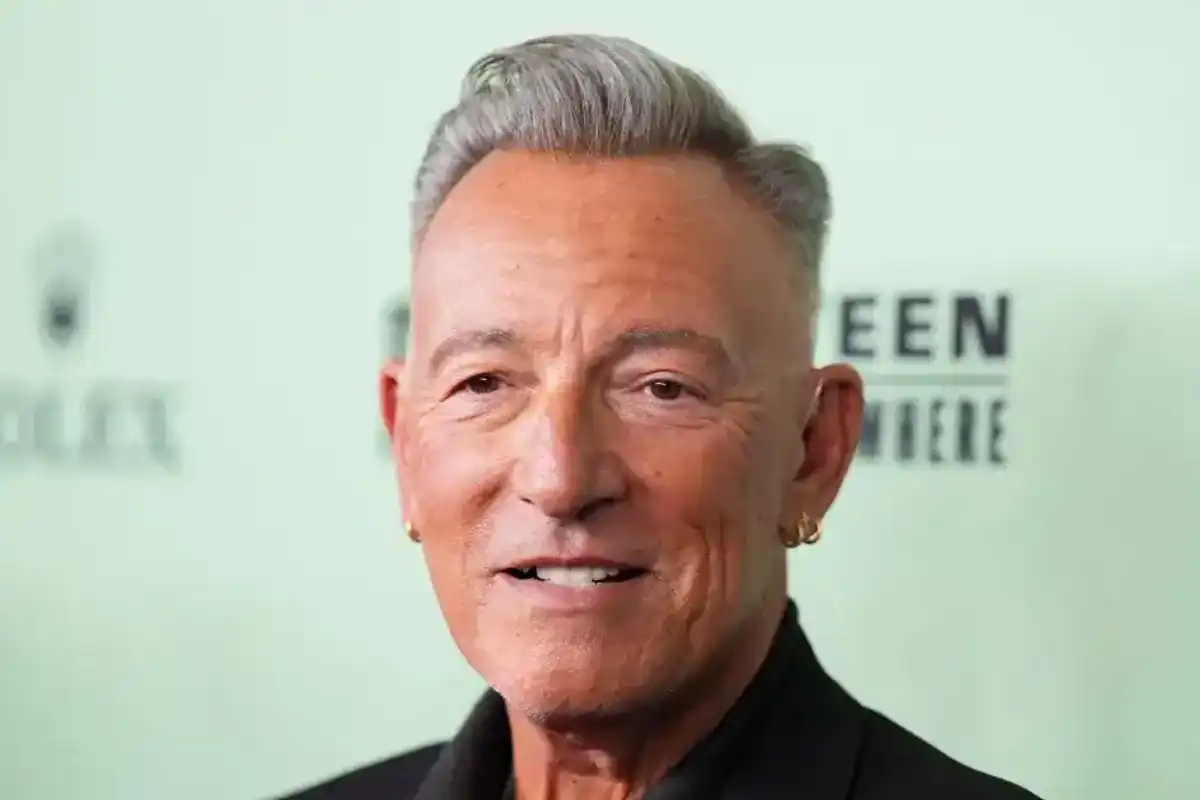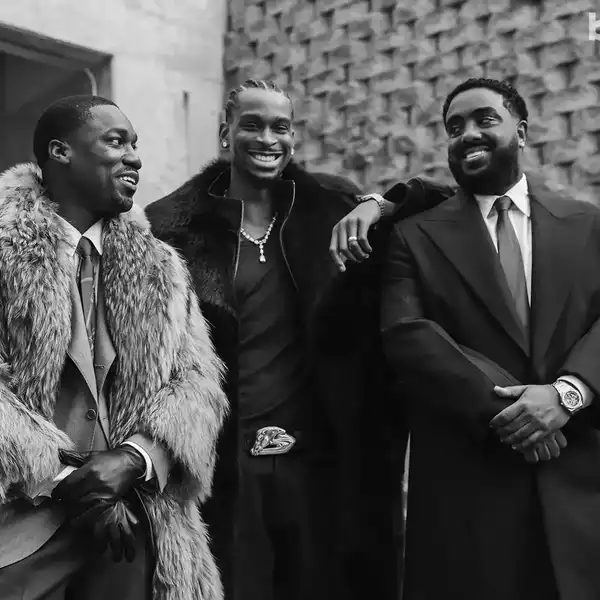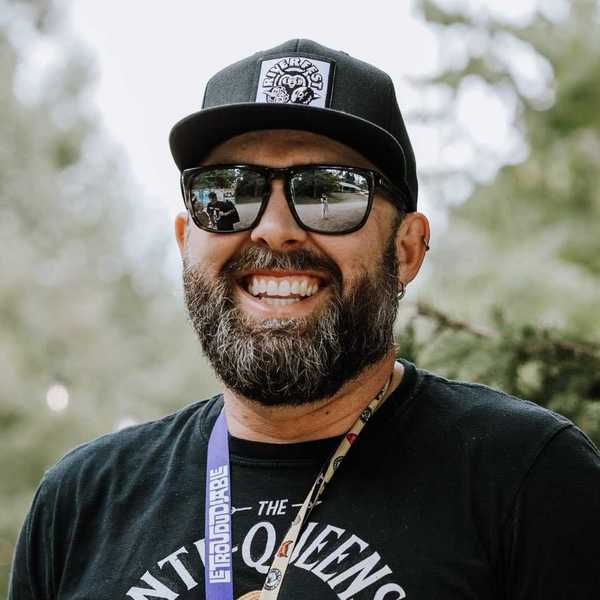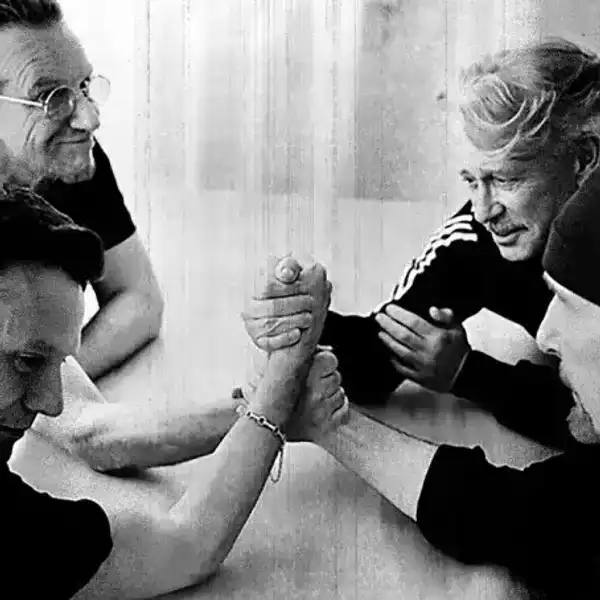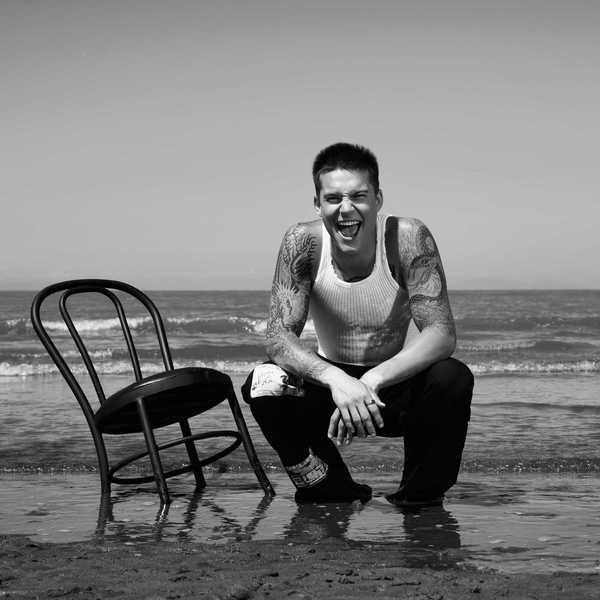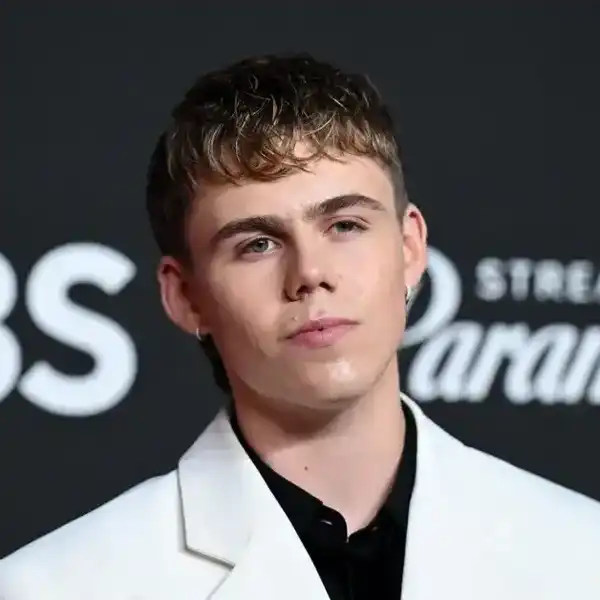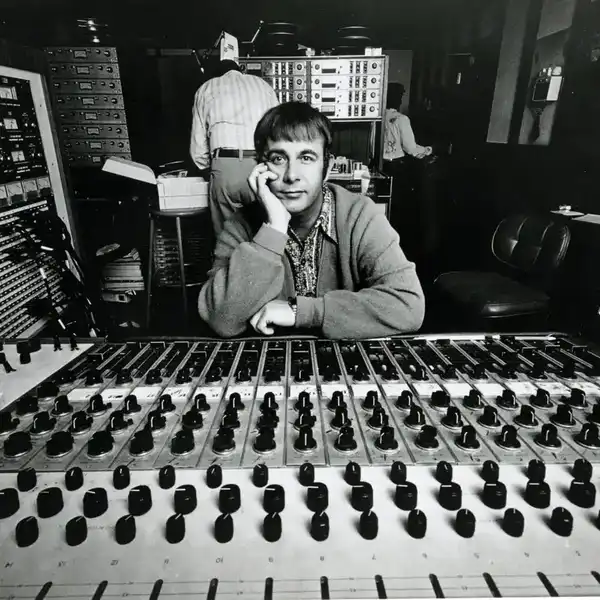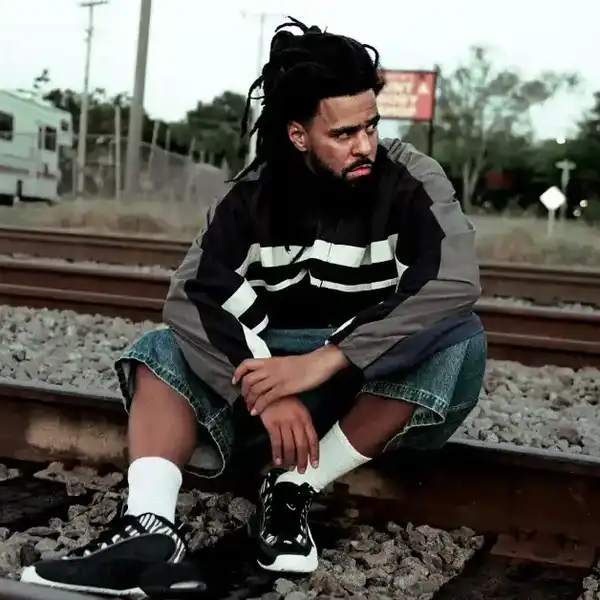Recording Academy President Panos A. Panay on Canada, Diljit Dosanjh and the Grammys’ Global Future
The influential music executive returned to a place he has called home at NXNE for the Billboard Global Summit. Here's why it was particularly meaningful for him.
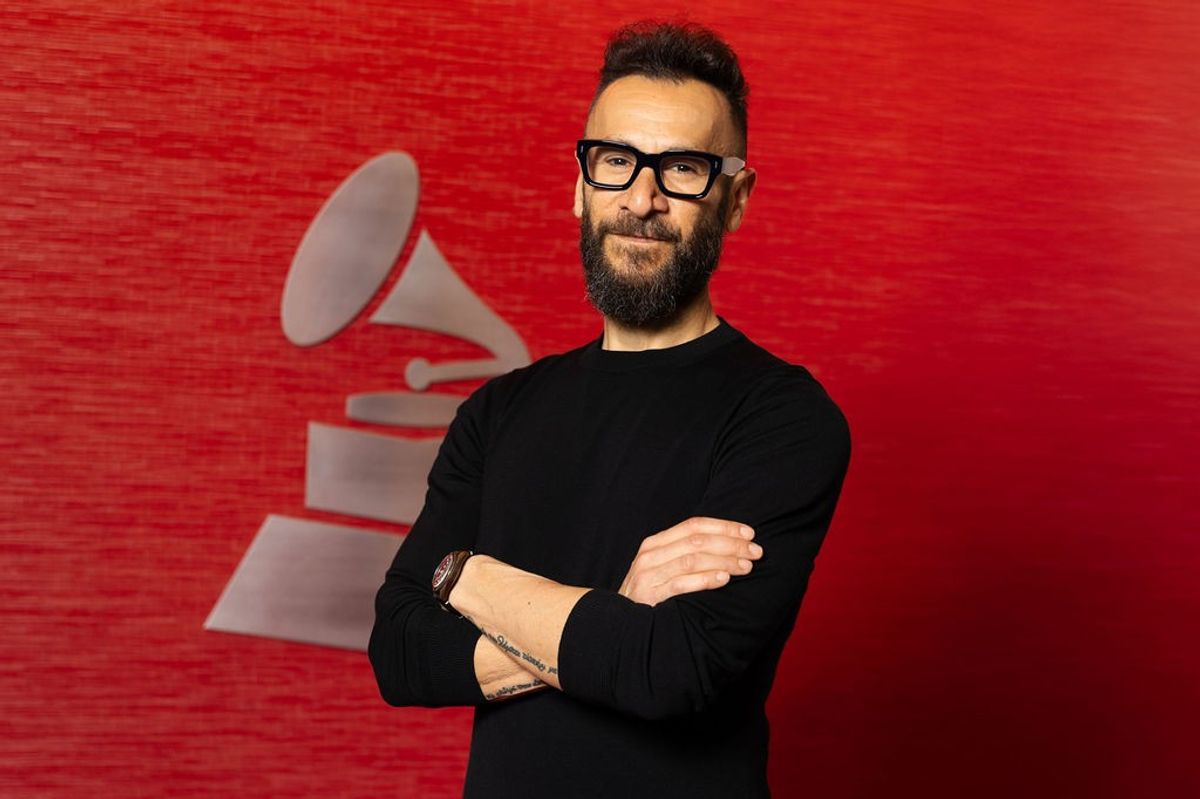
Panos A. Panay
Before he was at the Recording Academy, Panay founded the online platform Sonicbids, which brought him to NXNE many times. Again, it feels like coming home.
In this exclusive interview with Billboard Canada, Panos discusses Dosanjh, how the Grammys are changing and the future of Canadian music.
What makes it a special opportunity for you to conduct the first sit-down interview with Diljit Dosanjh?
It's special because music is universal. For the first 50, 60, even 70 years of the modern music industry, it's been primarily dominated by an Anglo-American lens. And I think we're at a juncture now where more and more music from artists who don’t speak English is not just breaking through in regional markets, but also on a global stage. So the very fact that we can use a multicultural city like Toronto as a platform to send that message – that’s what makes it so meaningful.
Tell us about your upbringing and connection to Canada.
When I was three years old, my parents moved from Cyprus to Fredericton and then to Rouyn-Noranda, where my dad was pursuing his PhD. Canada is also where I first learned English. When I returned to Cyprus at the age of five and a half, I already had this early connection to Canada. That time had a really formative impact on me — everything from the way I feel at home in North America to how I navigate being bicultural.
Living in Canada during those formative years shaped a lot of how I see the world and even my career. I feel equally comfortable across different continents and cultures. It also taught me that so much of what we accept as facts in the world is actually relative. What might be a given truth for one person may not hold true for someone else.
How did you first start at the Recording Academy?
I started almost exactly four years ago. It was the most bizarre experience because I was hired during the pandemic, and my entire interview process was conducted entirely via Zoom while I was working remotely from my home country of Cyprus. I didn't meet a single person until I actually got on the plane and flew to America. It was a time of a lot of uncertainty, so it was a very surreal, very bizarre experience. Actually landing in Los Angeles felt... well, just surreal.
When you came back, the Grammys were in a transitional period. Can you give some context on when you were brought in, what your mission was, where the Grammys and the Recording Academy stood at that time, and what you were hoping to bring to it?
Yeah, I joined the organization at a time of a lot of change. Harvey Mason Jr., the CEO, and I both came on board around the same time. He was interim CEO before becoming full-time. It was a pivotal time for the Grammys. It was a period of major transformation — not just within the Academy itself, but within the music industry as a whole. A big part of our focus wasn’t just about ushering the organization through its own evolution, but about putting together the right building blocks to embrace a new generation of creators and re-establish its relationship with the broader music ecosystem.
It’s been, and continues to be, our job to guide this great institution into its next chapter. I’m proud of everything we’ve accomplished so far — but there’s still a whole lot of work to be done. And honestly, that’s what gets me up in the morning.
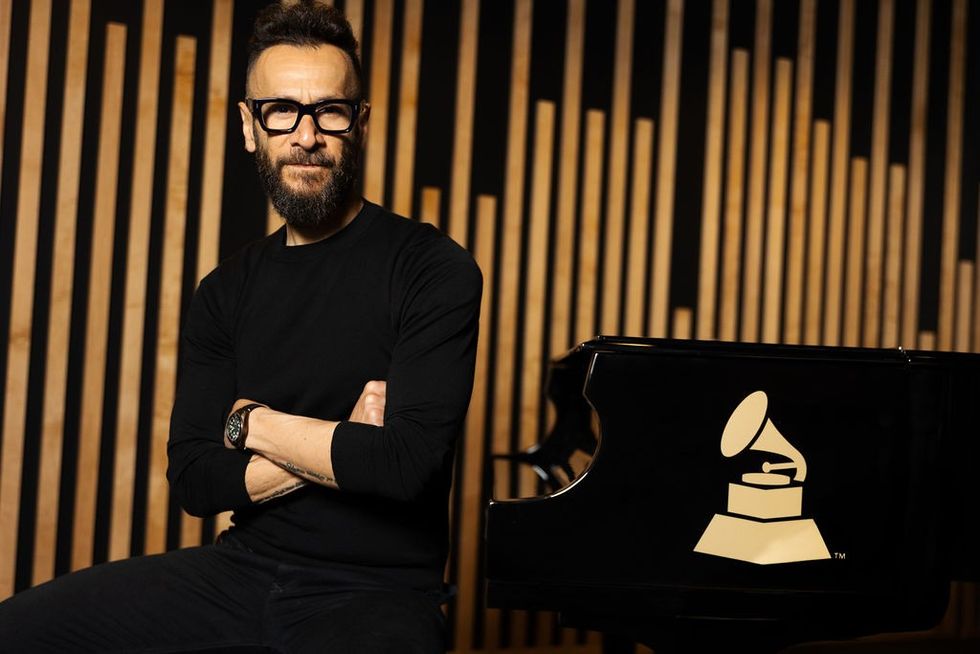
What are you hoping to evolve with the Grammys, and where do you see the most opportunity for growth?
Look, we’ve accomplished a lot — especially when it comes to transforming our membership. Over the last five years, we’ve brought in over 3,000 women voters, and now 40% of our membership is made up of music creators of colour. More than 60% of our voting members have joined in just the past five years, thanks to the requalification process. Like any voting body, it’s essential that our membership reflects the broader music community, and that work is ongoing.
At the same time, we’re focused on building a strong platform for advocacy — particularly when it comes to public policy around intellectual property. That’s become even more critical with the rise of artificial intelligence and the questions it raises for creators. We’re also continuing to grapple with globalization. As an organization dedicated to serving what I believe is one of the most important groups in society — the creative class — we have to ask: How do we grow? How do we evolve to keep serving creators meaningfully across borders, genres and generations? How do we expand our umbrella to include as many creators as possible — especially those beyond just the shores of the United States? That’s the real question. How do we build and sustain an awarding body that reflects the multiplicity of incredible music being made not just in America, but around the world?
As an organization, we have a responsibility to show up — whether that’s through advocacy, being a reliable source of support in times of need, or offering educational tools to help our members grow and adapt in an evolving industry. And of course, as a body that celebrates excellence, we need to make sure we’re recognizing and honouring what’s happening across the broader, global music landscape. There’s still a lot of work to be done. But if there wasn't, I wouldn’t be here.
This year, we saw a big shift. Artists who had previously boycotted the awards, like The Weeknd, returned to the Grammy stage. What made it possible for artists to start embracing the stage again?
Look, artists see the work. At the end of the day, they recognize the sincerity and intent we have as an organization to stay relevant and to be a place they can turn to. I’m one of those people who believe that when the work is evident and the intention is sincere, the artist community notices that.
The music industry is more global now, with artists from Korea, India, Latin America and other countries gaining mainstream recognition — something we’re seeing at the Grammys too. How important is that shift for you?
Two years ago, we introduced the Best African Music Performance category. I think you’ve seen how global music has become — from Bad Bunny opening the show three or four years ago, to artists like Dua Lipa, who has Albanian roots. There’s this global consumption of music now, and emerging scenes from around the world are asserting themselves on the global stage. It’s a beautiful thing.
I really think this is an incredible time in the music industry. We’re seeing more and more global influence — whether it’s K-pop and BTS, Afrobeats, Amapiano or Highlife out of Africa. And let’s be honest — even music coming from the West today carries influences from all over the world. You could argue that Africa has shaped nearly every genre of music that exists. It’s great to finally acknowledge and celebrate the contributions of these cultures to what we define as popular music.
We’ve talked about building trust with artists and the Grammys’ recent revitalization. What advice would you give to leaders of other awards shows in Canada or elsewhere facing that challenge?
What I can say is that for us, it’s constant work to ensure our stage remains the brightest. We know that if you get a Grammy — even just a nomination — it can have a life-changing impact. And that’s not just in terms of streaming or sales, but across all income streams: touring, publishing, everything.
That impact stems from the integrity of the honour. We’re extremely intentional about the categories we create and how we honour music. You don’t see us adding a dozen new categories every year. There’s real thought and deliberation behind how our rules and regulations evolve. We’re a true membership organization, and our 13,000 voting members play a major role in safeguarding the process — and in defining what a Grammy nomination really means.
There’s a reason that if someone wins a Grammy, it’s the first thing in their bio. If they pass away, it’s often mentioned in the first line of their obituary. If they’re about to sing the national anthem at a baseball game, it’s mentioned before their name. So for us, protecting that integrity — in our membership, in the vote and in how awards and categories are structured — is absolutely essential. All of that creates a platform where artists feel truly honoured to be nominated for or to win a Grammy.
What is it about the Canadian music scene that stands out to you, and why do you think it’s important to keep supporting emerging talent here?
I have a soft spot for Canada because of my personal connection, but also I have so much respect for the music community of the country and how it's always punched above its weight. Canadian artists have influenced the rest of the world. It's absolutely amazing. It's great for me to see festivals like NXNE continue to give a platform to young emerging Canadian artists to continue to do that.
I think part of the challenge sometimes of streaming is that you are getting the kind of effect where a lot of artists that produce music in an English language all get locked together. But it's important for Canada, Canadian events, the Canadian industry, and the Canadian government to continue to invest in developing young artists because the legacy is there, man. It's there for it. And it's enduring, and it's self-evident. So I hope that we continue to see even more amazing young artists coming out of Canada like we have in the last 100 years.

